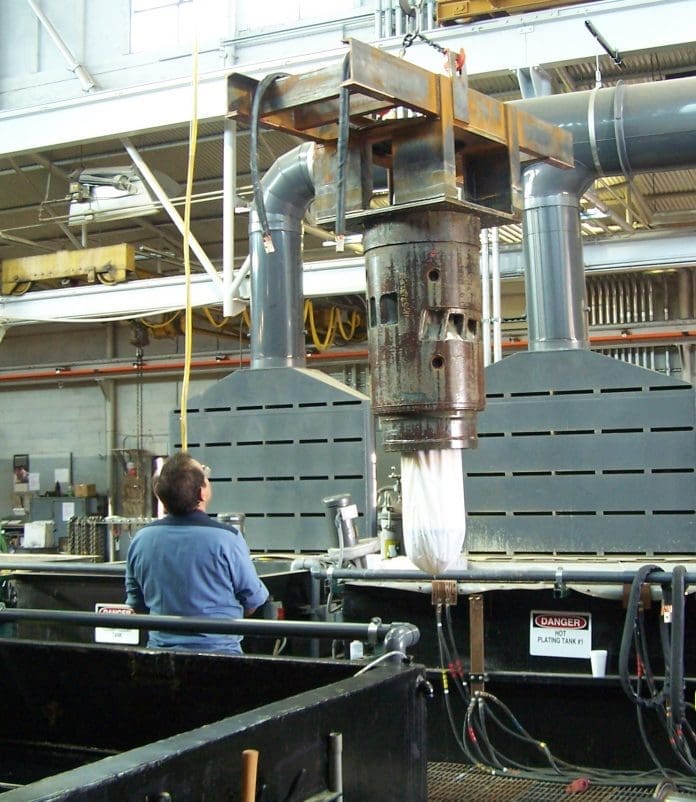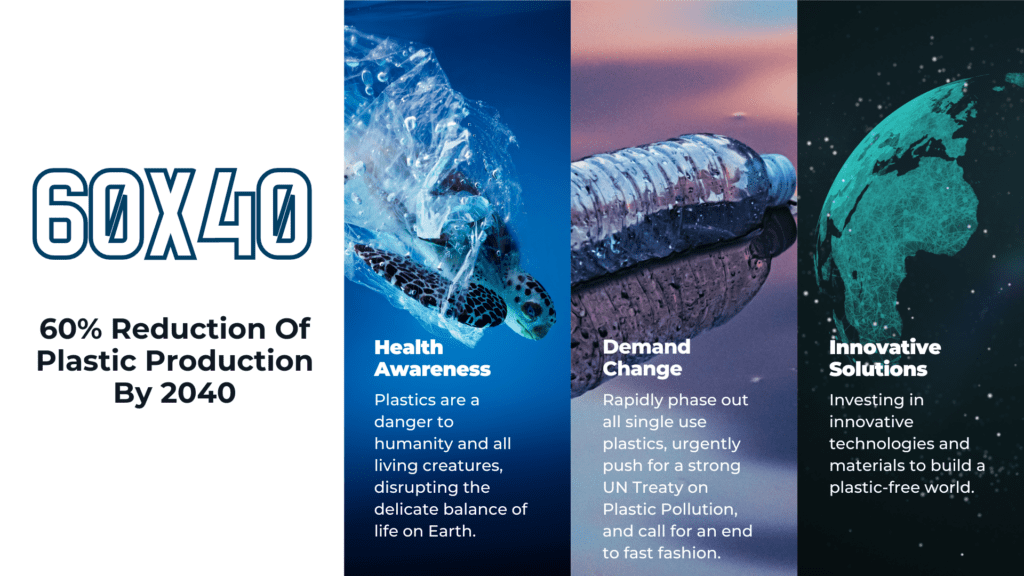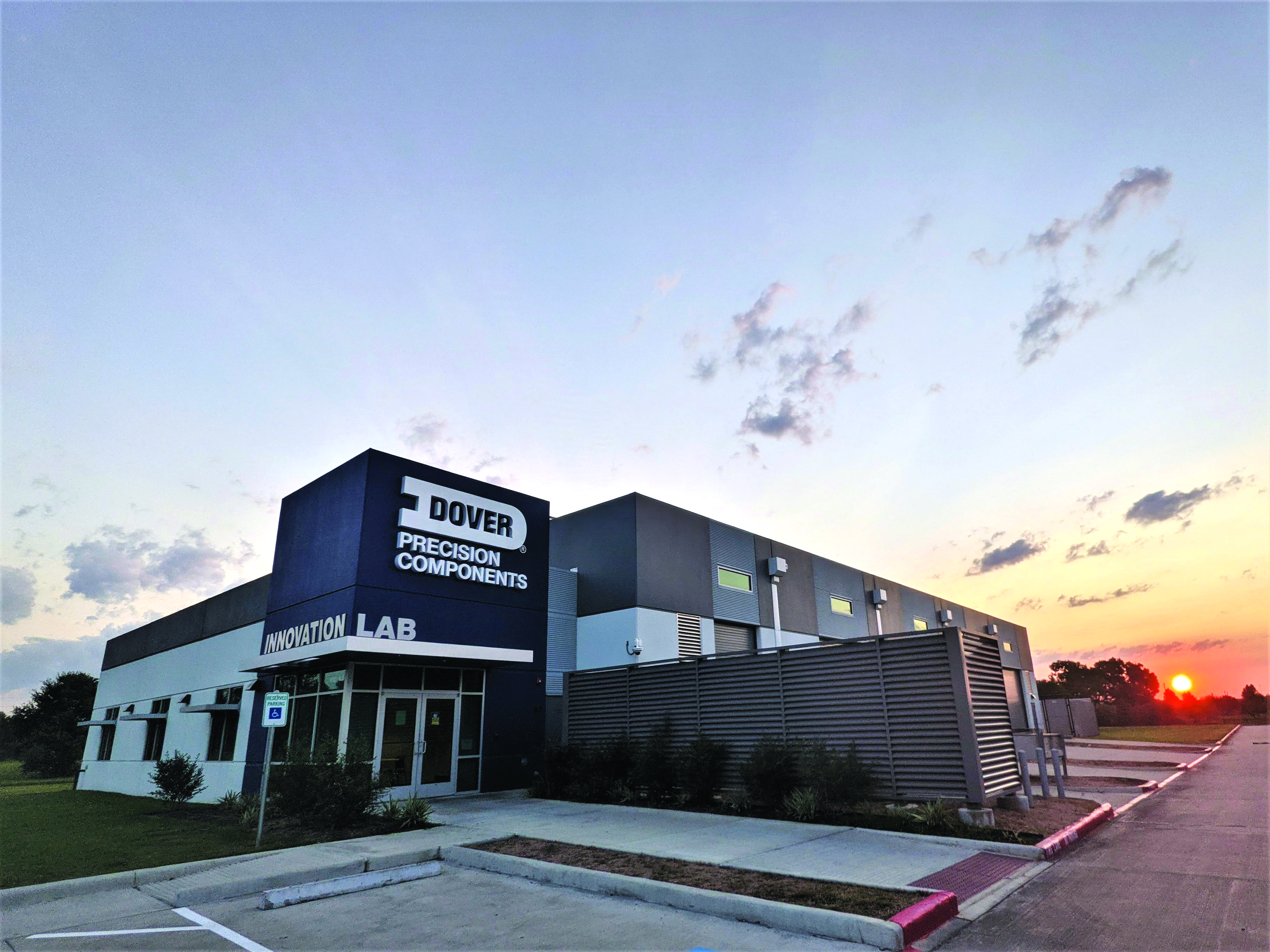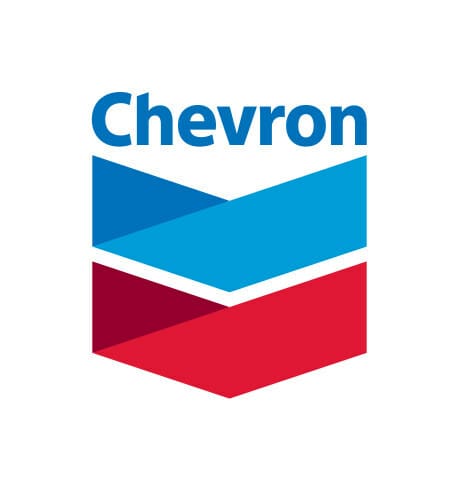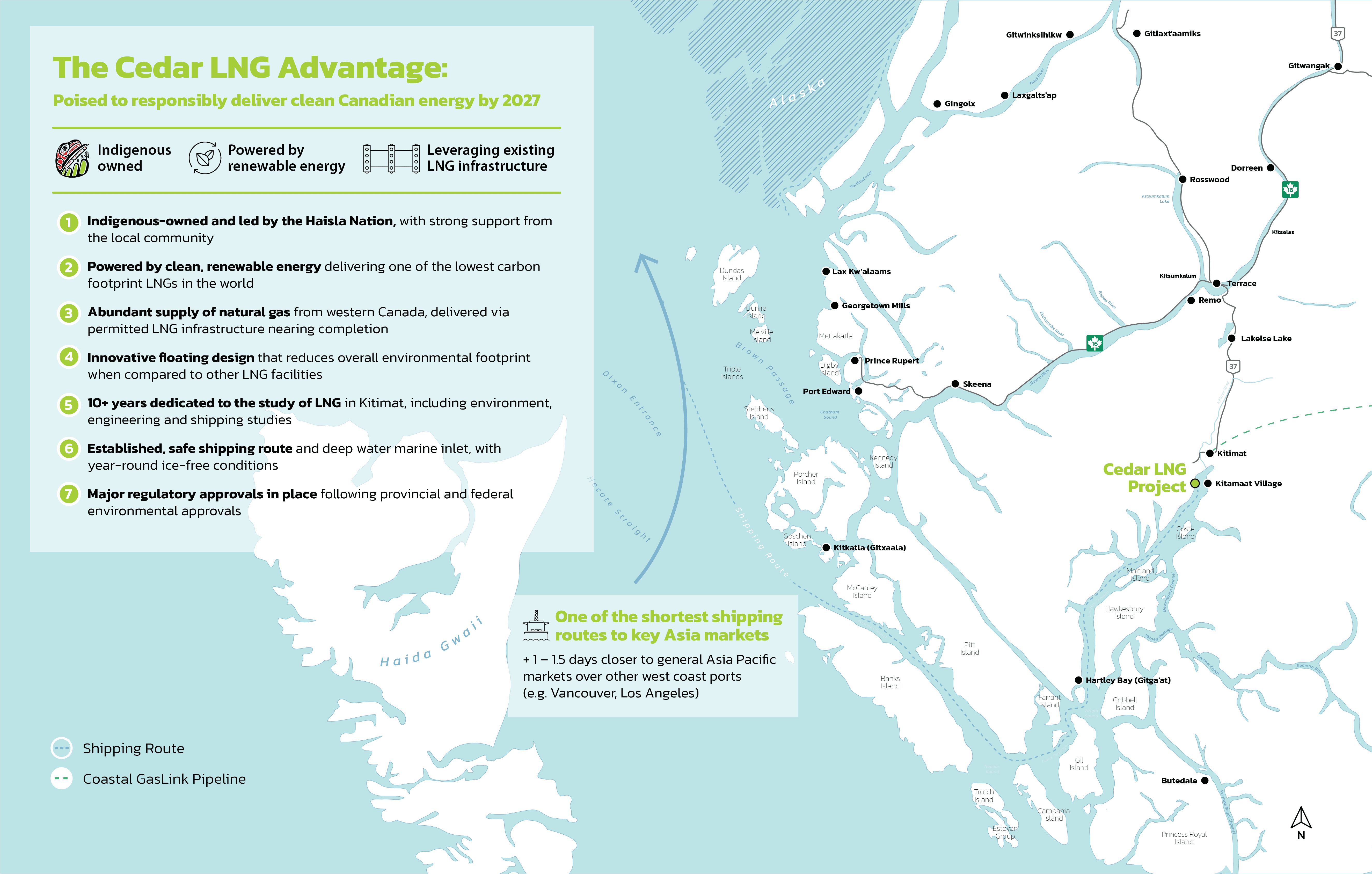In October 2021, Cooper Machinery Services (Cooper), a portfolio company of Arcline Investment Management, and Southern Star Central Gas Pipeline, Inc. (Southern Star), a US-based interstate natural gas pipeline company, announced the signing of a memorandum of understanding (MoU) to launch a joint hydrogen research project aimed at converting Southern Star’s fleet of gas-fired reciprocating integral engine-compressors (integrals) to gas-hydrogen fired units. At the time of the announcement, the companies set a Q1 2022 goal to modify a Cooper-Bessemer GMVH-12 at Southern Star’s Hugoton, Kansas, compressor station to run on a blend of hydrogen and natural gas. The plan was to equip the engine with Cooper’s HyperBalance IV system to monitor pressures, collect data, and ensure equipment safety during the test. Southern Star and Cooper expected to run the engine on a mixture of up to 10% hydrogen (H2) and made a commitment of engineering support and the publication of data to help the industry.
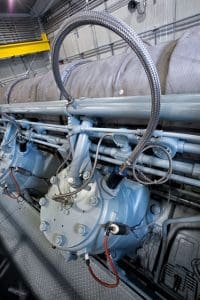
In March, Cooper successfully tested a slow-speed integral engine running on a hydrogen-natural gas fuel blend. The research project demonstrated the safe operating range of H2 blends in large-bore internal combustion engines. By hitting its initial target on time, Cooper showed that the company is serious about incorporating emissions reductions efforts and promoting ESG measures throughout its business units.
“Cooper’s hydrogen development initiative took another large step forward,” said Cooper CEO John Sargent. “We ran an unmodified large-bore, slow-speed integral engine-compressor with an H2 blend of 5% by volume, and we achieved significant reductions of methane in the exhaust. This is the first such run using significant amounts of hydrogen in an engine of this design. In May, we will be running up to 33% by volume in the same stock engine. Our customers have thousands of similar units running globally, so the potential reduction of methane is substantial.”
Details Of The Test
Cooper conducted the slow-speed integral engine test cell at its corporate headquarters in Houston. The test engine was a standard 2-stroke AJAX 2802 with a 15-in. (381-mm) piston bore, 16-in. (406-mm) power stroke, and a speed range of 360 to 440 rpm. Cooper selected the AJAX engine due to the similarities of its combustion system to that of the large fleet of the other engine brands the company services. Cooper is the original equipment manufacturer (OEM) and supplier of parts and aftersales services, and emissions reductions technologies to a large installed base of engine-compressor brands. The company’s OEM brands include AJAX, Cooper-Bessemer, CSI, Enterprise, Gemini, Superior, TSI, and TXC. Cooper is also a major supplier of aftersales support for non-Cooper engine-compressor brands such as Clark, Caterpillar G3600 engines, Ingersoll Rand, Waukesha VHP engines, and Worthington. Manufacturing is conducted in its facilities in Houston and Deer Park, Texas, and Salina and McPherson, Kansas, while onsite services are delivered through an extensive network of field technicians operating out of fully equipped repair and overhaul shops located around the world.
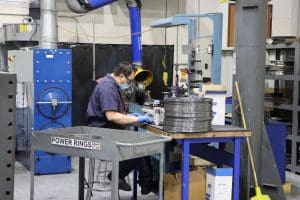
Cooper Invests In Low-Emissions Solutions
Given that Cooper’s sphere of influence includes a massive installed base of engine-compressor brands, as well as the sale of new equipment, machinery, parts, and aftersales services, it stands to reason that the company can play a key role in reducing emissions from existing and new equipment. Cooper sees itself as a leader in emissions reductions and is developing the new products and providing the necessary services to turn that vision into a reality (see “Cooper Shifts ESG Push Into High Gear,” First Quarter 2022 ESG Review, p. 10).
Over the years, Cooper has eliminated more than 3.5 million tons (3.18 million tonnes) of NOx using its CleanBurn technology while also reducing total hydrocarbons. Cooper has manufactured nearly 900 new engines with CleanBurn technology and developed cleaner technology for its integrals. It’s a good accomplishment, but Cooper is cranking its ESG investments up a notch.
New Superior And AJAX Products
In addition to the hydrogen developments discussed, Cooper launched a 0.5 g/bhp-hr NOx solution in Q1 2022 for the AJAX and Superior lines of engines. It has also launched new Superior low-emissions reductions solutions and the AJAX 2800 ultra-low emissions (ULE) integral. The Superior 825 engine reduces emissions levels through redesign of engine components and combustion geometry. It provides reliable operations of the Superior SGTD engine while maintaining 0.5 g/bhp-hr NOx emissions and reducing greenhouse gas emissions for reduced fuel slip and improved fuel economy. The technical enhancements to the engine consist of newly designed bolt-in pre-chambers, the use of electronic pre-combustion chamber (ePCC) check valves, a turbocharger redesign, mass-based air/fuel ratio, and a new control system.
The company’s new AJAX 2800 series engines deliver a large reduction in NOx emissions using lean combustion without selective catalytic reduction (SCR). The new and improved AJAX 2800 ultra-low emissions (ULE) integral will operate below 0.5 g/bhp-hr NOx levels with greater than 2.5% improvement in fuel efficiency. Retrofit kits will be available for existing AJAX engines supplying the same level of NOx reductions as new engines. The technical enhancements to the AJAX 2800 series consist of high compression ratio pistons, optimized power cylinder heads, center-mounted pre-combustion chambers, ePCC, a new electronic fuel injection system, and an intake bypass system for methane emissions reductions. Each design element contributes to increased operational flexibility and environmental compliance.
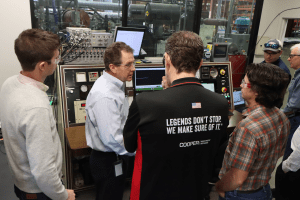
Cooper’s Bets Big On ESG
In February, Cooper named Jordan Smith as vice president of sustainability and emerging technologies. Cooper expects that having an ESG presence at the executive level should help it develop products and services that enable customers to reduce their carbon footprint and minimize environmental and safety risks while enhancing operational efficiency.
Smith is responsible for driving the company’s sustainability and new product development goals as they pertain to engine and compressor emissions reductions technologies, including exhaust emissions (NOx, carbon monoxide, hydrocarbons), methane fuel slip, hydrogen as a fuel, blowdown, and future emerging technologies.
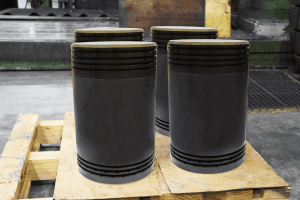
In addition to the engine products discussed, Cooper has launched multiple initiatives to reduce or eliminate hazardous material in the manufacturing process for some of its most important product lines: power cylinders, piston rings, and power pistons. The company has developed new hard iron plating, plasma-sprayed power rings that eliminate chrome, and dual-coated power pistons that eliminate tin. According to Cooper, the elimination of chrome and tin in these processes reduces the use of toxic acid baths, hazardous byproducts, and other pollution risks.



